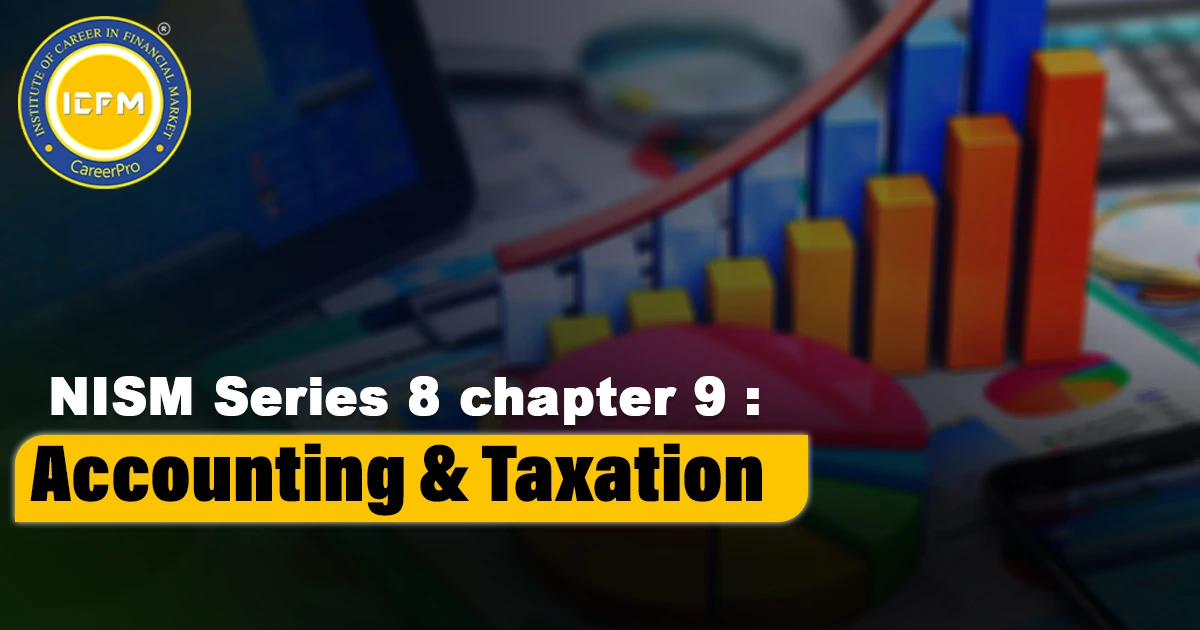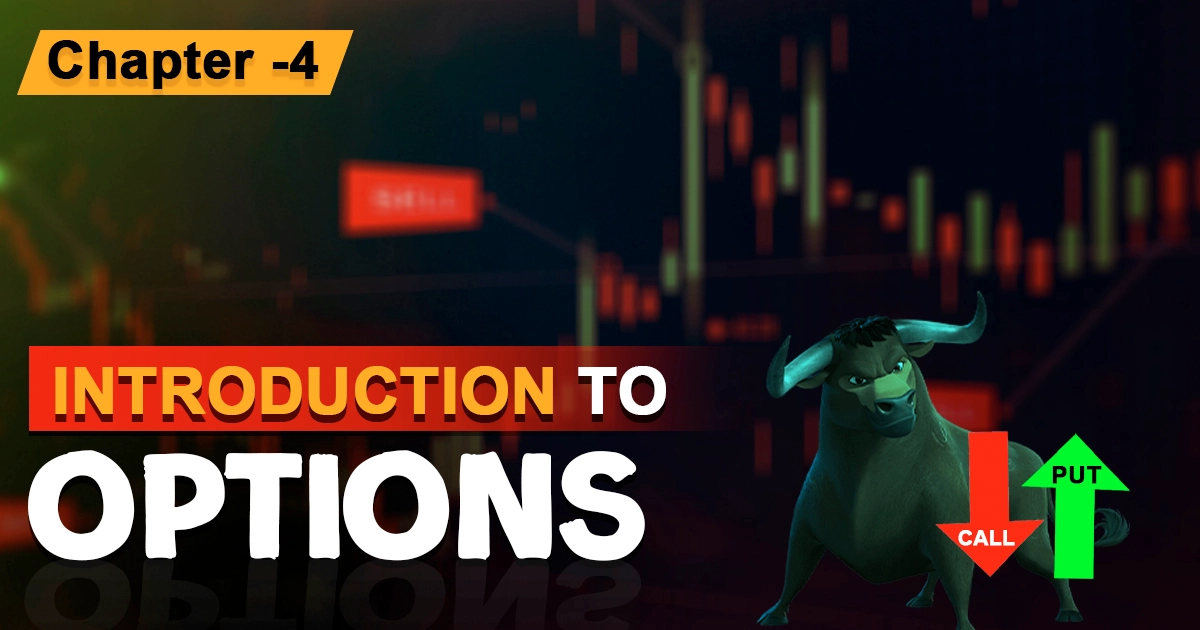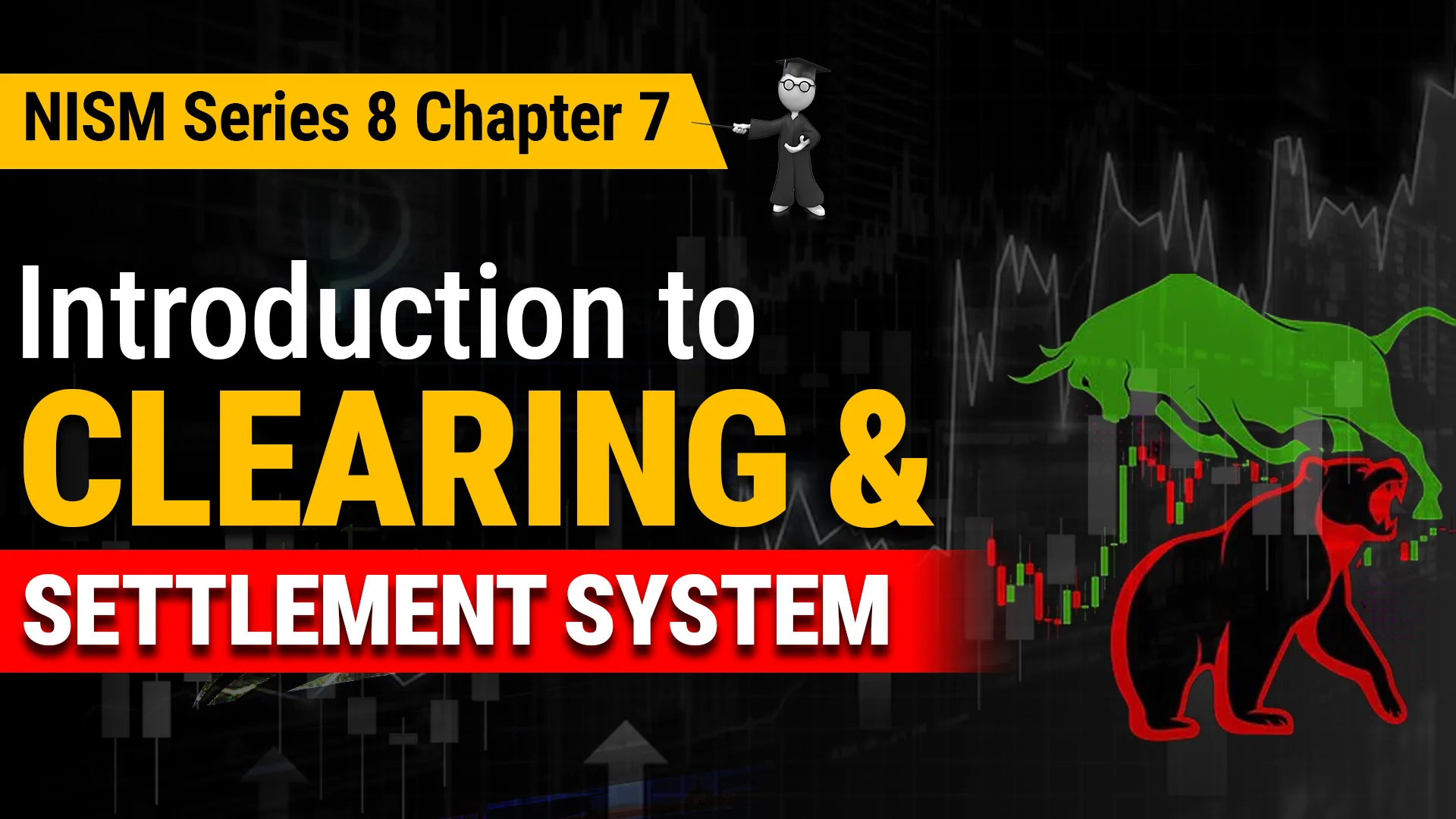NISM Series 8 Chapter 9: Accounting and Taxation
9.1 Accounting
AS-11 Accounting for Forward Contracts
- Premium/Discount: Amortized over the contract life.
- Exchange Differences: Recognized in P&L for changes in exchange rates from inception or previous reporting date.
- Cancellation/Renewal: Profit or loss recognized in P&L.
- Premium/Discount: Not recognized.
- Gains/Losses: Recognized in P&L based on the difference between contract and year-end forward rates.
- Cancellation/Renewal: Profit or loss recognized in P&L.
Accounting for Equity Index and Stock Futures
- Paid by the client to the clearing member and debited to an "Initial Margin" account.
- It is not recorded as a contract entry unless the margin is paid.
- Daily margin payments/receipts debited/credited to a "Mark-to-Market Margin" account.
- At year-end, balances are disclosed under "Current Assets" or "Current Liabilities."
- Debit balance in Mark-to-Market account for potential losses shown as a provision in P&L.
- Credit balance (profits) not recognized.
- Profits/losses from final settlement recognized in P&L.
- Margin payments are released and debited to the "Initial Margin Account."
- Unpaid amounts netted off against the initial margin.
- Profit or loss recognized in P&L.
- Bank guarantees and securities disclosed for margins.
- Details of open contracts and positions disclosed.
Accounting for Equity Index Options (Cash Settled)
- Sellers/ Writers pay margin, debited to the "Option Margin Account."
- Buyer pays a premium, debited to "Options Premium Account."
- Option premium balance disclosed under "Current Assets" or "Current Liabilities."
- Provision for loss created based on the market value of options.
- Buyer: Premium recognized as an expense. Gain/loss from exercise recognized as income.
- Seller: Premium received as income. Loss from exercise is recognized as an expense.
4. Squaring-off: Profit/loss on option squaring-off transferred to P&L.
5. Default: Same treatment as futures contracts in the event of default.
6. Disclosure: Accounting policies, initial margin amounts, and outstanding option details are disclosed.
Equity Stock Options (Cash & Delivery Settled)
- (a) Buyer: Purchases shares for call options or sells for put options.
- (b) Seller: Sell shares for call options or buy-for-put options.
- (c) Premium: received/paid transferred to P&L.
9.2 Taxation of derivative transaction in securities
- They were speculative under Section 43(5) of the Income-tax Act.
- Such transactions were allowed to be set off only against other speculative income and not against any other type of income.
- The amendment excluded any derivative transactions on a recognized stock exchange from consideration as speculative.
- Losses on derivatives are now permissible to be set off against any other income (eg, salary, business income) in the same year or carried forward for 8 years.
- STT paid on such transactions is also allowable.
Securities Transaction Tax (STT):-
- Sale of an option: 0.017% (Payable by seller)
- Sale of an option (if exercised): 0.125% (Payable by purchaser)
- Sale of futures: 0.01% (Payable by seller)
- Option Sale: The option premium.
- Option Exercise: The settlement price (if the option is exercised).
- STT is leviable on sell transactions in both futures and options contracts.
- Clearing members collect STT from trading members on a pass-through basis based on the aggregate STT liability from clients.









